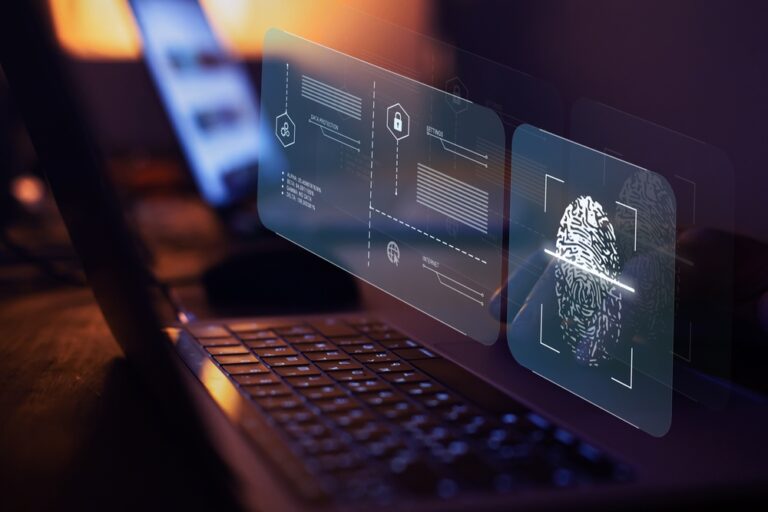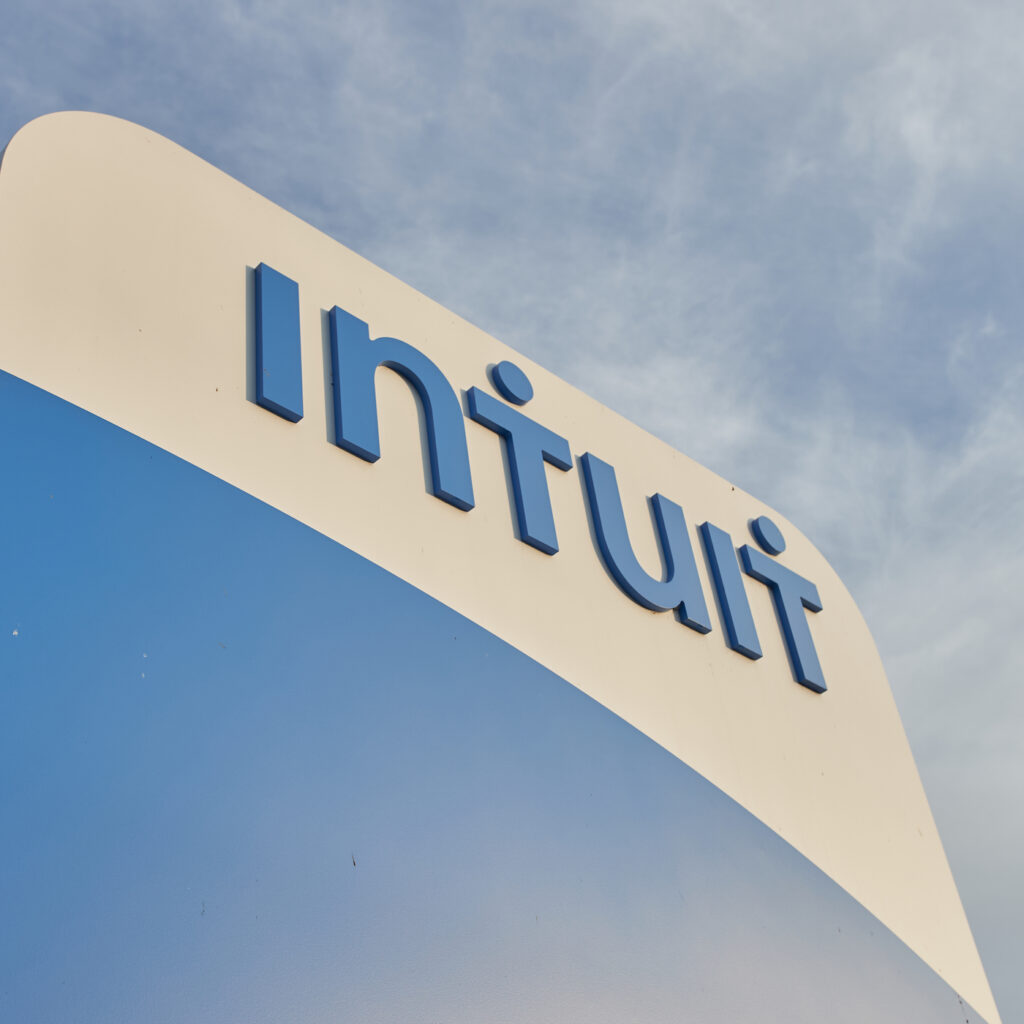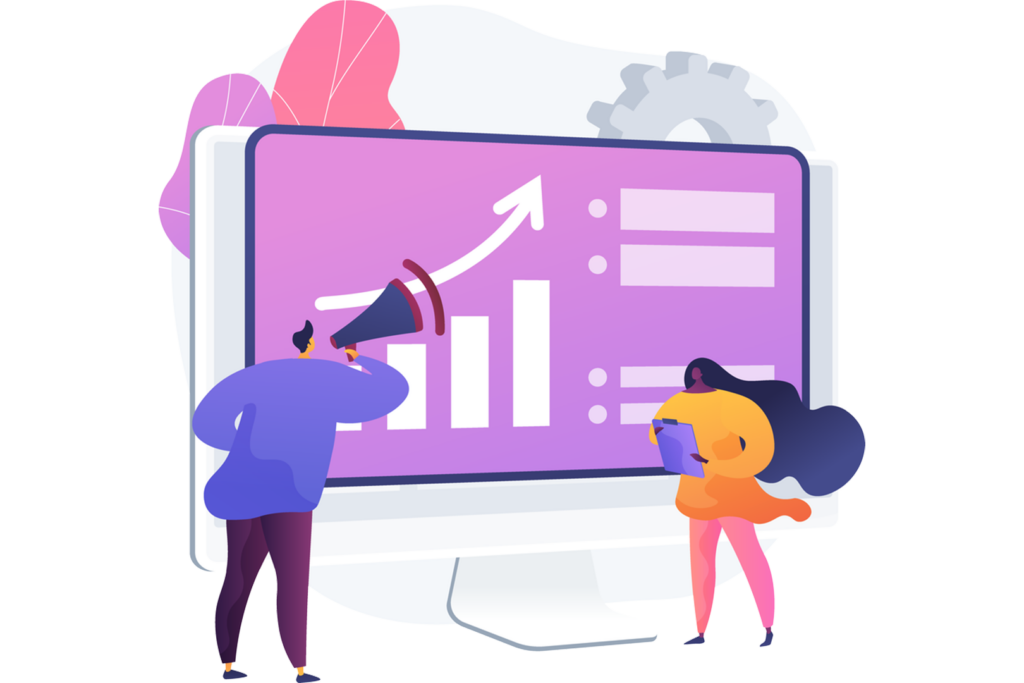
What if every employee had an AI co-worker?
Imagine AI agents as teammates, not tools – amplifying collaboration, aligning goals, surfacing knowledge, and transforming teamwork into something smarter, faster, and more human-focused.

Imagine AI agents as teammates, not tools – amplifying collaboration, aligning goals, surfacing knowledge, and transforming teamwork into something smarter, faster, and more human-focused.

Content automation expert John Bates sees hugely responsive content as being within our reach. But what needs to happen to get us over the line?

AI and simulation are revolutionising design optimisation across industries. From chip design to aerospace and automotive, this synergy accelerates innovation, enhances accuracy, and drives efficiency.

As data management evolves from lakes to fabrics, organisations must address integration challenges and privacy concerns while leveraging AI and automation for real-time insights and efficient data governance.

Founded in pandemic lockdown, Workwize seized its chance to cater for the sudden emergence of borderless workforces. CEO Michiel Meyer discusses the forces at play.

As AI adoption accelerates, emerging legislation focuses on protecting personal data, managing risks, and preventing bias, creating a complex legal landscape for global businesses.

Neo4j Chief Scientist Jim Webber explains how graph databases are the future of data management in a world of vast, complex datasets and AI.

Mike Ettling, CEO of Unit4 discusses the balance between AI innovation and potential overreach in ERP systems.

John Sullivan, IBM iX EMEA Managing Partner explores how generative AI can revolutionise marketing while safeguarding brand trust and reputation.

In 2025, AI will see the rise of generative AI commoditisation, agent-based systems, and a renewed focus on trustworthy, non-generative AI and workforce readiness.

To stay competitive, businesses must embrace digital transformation by evolving products, adopting future technologies, and fostering innovation for long-term sustainability and growth.

Art Maria explores why 5G’s potential remains unrealized, and suggests it may be tech giants – not mobile providers – who are likely to profit from future 5G advancements.

European firms’ AI plans are at risk due to data infrastructure blind spots, with many prioritising recovery from cyberattacks over effective prevention and mitigation strategies.

Cyber deterrence shifts cybersecurity from reactive to proactive, disrupting attackers’ motives by targeting their incentives. The PARC Framework addresses profit, anonymity, repercussions, and costs, reducing attack likelihood.

AI’s rapid growth requires balanced innovation, managing expectations, and human oversight. Pragmatic automation, careful investment, and governance are key to avoiding overhype and disillusionment.

Effective data governance is the cornerstone of efficient data utilisation. Decentralising decision-making empowers businesses, promotes innovation, and alleviates IT burdens by enabling a self-service approach to data access and management.

The cloud makes real-time intelligence available to decision makers on demand, enabling resilient and sustainable growth even in uncertain times.

Decentralised digital identities (DCI) promise enhanced security and user control. However, widespread adoption faces challenges, including the need for better education and clearer benefits.

Economic downturns challenge stability but offer IT leaders opportunities to innovate, align strategies with business goals, optimise costs, and drive future success.

The NIS 2 directive enhances cybersecurity in critical industries, requiring proactive compliance and better risk management to mitigate cyber attack risks and improve security standards.

Generative AI is revolutionising industries, driving exponential growth in software, services, and semiconductor markets, with widespread adoption expected by 2027.

To bridge the UK’s productivity gap, modernising systems, adapting work habits, and boosting digital skills across all organisational levels are crucial strategies.

Gartner highlights GenAI’s revolutionary impact on D&A governance, enhancing automated decision-making and improving non-technical user engagement in governance processes.

Amidst a perfect storm of disruptions, only a small fraction of CDAOs prioritise risk management, revealing a strategic gap with board expectations.

Internationally renowned data scientist Anthony Scriffignano on the need to make AI investments with humility, pragmatic realism, and a readiness to persevere.

Chief Data Architect & Global Head of Engineering Harveer Singh speaks to Digital Bulletin.

Bain & Company’s Ted Shelton on helping businesses plan for 2030 and the crucial role of automation.

Intuit is famed for its financial products but what people don’t often see is the meticulous skill and effort that go into designing these much-loved platforms.
Digital Bulletin speaks to key platers from one of the world’s most innovative design centres.

In this episode, VMware’s Duncan Epping delves into ‘silos’, ‘data analytics’, ‘augmented reality’ and more.

Slyce CEO Ted Mann on the rise of visual search

Freshworks’ CPO Prakash Ramamurthy on a trio of acquisitions and automating IT processes

The UK’s digital transformation centres on secure digital identity solutions, enhancing public services by simplifying access, ensuring privacy, and promoting inclusivity for all citizens in essential areas including healthcare and education.

Content automation expert John Bates sees hugely responsive content as being within our reach. But what needs to happen to get us over the line?

AI and simulation are revolutionising design optimisation across industries. From chip design to aerospace and automotive, this synergy accelerates innovation, enhances accuracy, and drives efficiency.

As data management evolves from lakes to fabrics, organisations must address integration challenges and privacy concerns while leveraging AI and automation for real-time insights and efficient data governance.

Founded in pandemic lockdown, Workwize seized its chance to cater for the sudden emergence of borderless workforces. CEO Michiel Meyer discusses the forces at play.

As AI adoption accelerates, emerging legislation focuses on protecting personal data, managing risks, and preventing bias, creating a complex legal landscape for global businesses.

Neo4j Chief Scientist Jim Webber explains how graph databases are the future of data management in a world of vast, complex datasets and AI.

Mike Ettling, CEO of Unit4 discusses the balance between AI innovation and potential overreach in ERP systems.

John Sullivan, IBM iX EMEA Managing Partner explores how generative AI can revolutionise marketing while safeguarding brand trust and reputation.

In 2025, AI will see the rise of generative AI commoditisation, agent-based systems, and a renewed focus on trustworthy, non-generative AI and workforce readiness.

To stay competitive, businesses must embrace digital transformation by evolving products, adopting future technologies, and fostering innovation for long-term sustainability and growth.

Art Maria explores why 5G’s potential remains unrealized, and suggests it may be tech giants – not mobile providers – who are likely to profit from future 5G advancements.

European firms’ AI plans are at risk due to data infrastructure blind spots, with many prioritising recovery from cyberattacks over effective prevention and mitigation strategies.

Cyber deterrence shifts cybersecurity from reactive to proactive, disrupting attackers’ motives by targeting their incentives. The PARC Framework addresses profit, anonymity, repercussions, and costs, reducing attack likelihood.

AI’s rapid growth requires balanced innovation, managing expectations, and human oversight. Pragmatic automation, careful investment, and governance are key to avoiding overhype and disillusionment.

Effective data governance is the cornerstone of efficient data utilisation. Decentralising decision-making empowers businesses, promotes innovation, and alleviates IT burdens by enabling a self-service approach to data access and management.

The cloud makes real-time intelligence available to decision makers on demand, enabling resilient and sustainable growth even in uncertain times.

Decentralised digital identities (DCI) promise enhanced security and user control. However, widespread adoption faces challenges, including the need for better education and clearer benefits.

Economic downturns challenge stability but offer IT leaders opportunities to innovate, align strategies with business goals, optimise costs, and drive future success.

The NIS 2 directive enhances cybersecurity in critical industries, requiring proactive compliance and better risk management to mitigate cyber attack risks and improve security standards.

Generative AI is revolutionising industries, driving exponential growth in software, services, and semiconductor markets, with widespread adoption expected by 2027.

To bridge the UK’s productivity gap, modernising systems, adapting work habits, and boosting digital skills across all organisational levels are crucial strategies.

Gartner highlights GenAI’s revolutionary impact on D&A governance, enhancing automated decision-making and improving non-technical user engagement in governance processes.

Amidst a perfect storm of disruptions, only a small fraction of CDAOs prioritise risk management, revealing a strategic gap with board expectations.